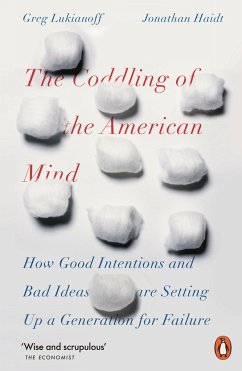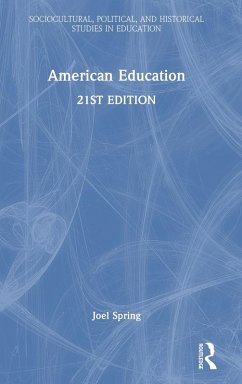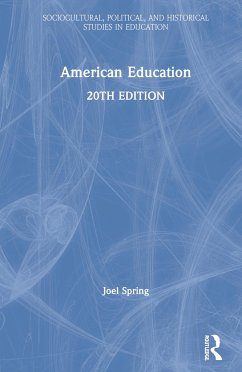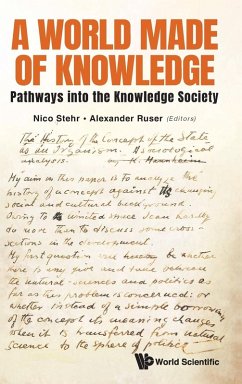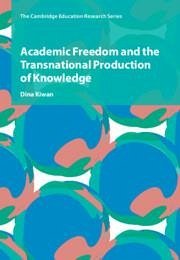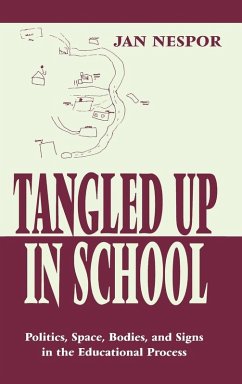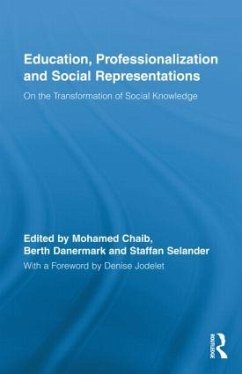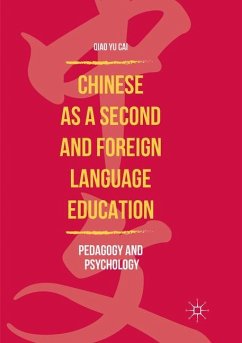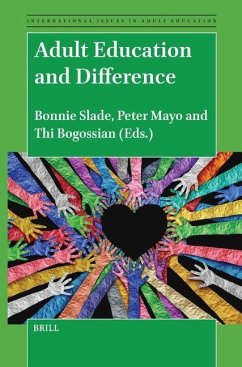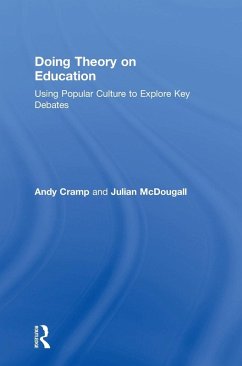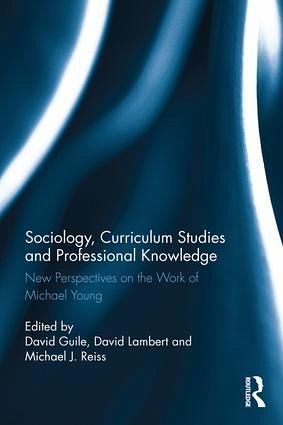
Sociology, Curriculum Studies and Professional Knowledge
New Perspectives on the Work of Michael Young
Herausgeber: Guile, David; Reiss, Michael J; Lambert, David
Versandkostenfrei!
Versandfertig in über 4 Wochen
177,99 €
inkl. MwSt.
Weitere Ausgaben:

PAYBACK Punkte
89 °P sammeln!
This volume brings together an international set of contributors in education research, policy and practice to respond to the influence the noted academic Professor Michael Young has had on sociology, curriculum studies and professional knowledge over the past fifty years.




